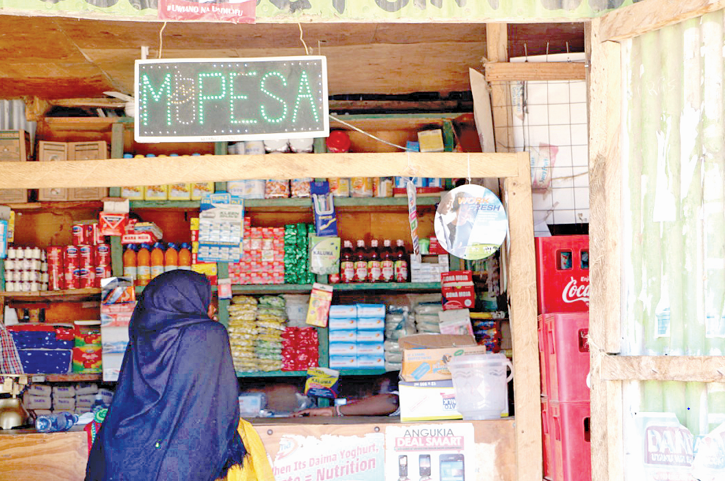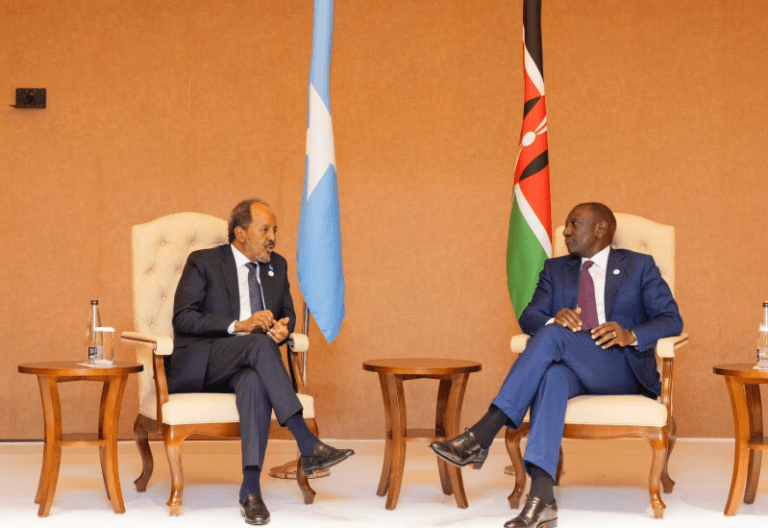Trade falls in sixth straight month – PMI

Kenya’s private sector activity contracted for the sixth straight month in July, as the impact of rising inflation, political protests, and depreciating shilling dampened business.
The monthly purchasing managers index (PMI) survey by Stanbic says the index fell to 45.5 in July from 47.8 a month earlier. The index has stayed below the 50 mark, denoting deterioration in business activity since the beginning of the year.
Christopher Legilisho, an economist at Standard Bank, noted that July’s PMI headline trajectory comes as no surprise given events during the past month.
“Political protests, an increase in pump prices by approximately Sh12.61 in July, the further tightening of financial conditions as well as a further depreciation of the shilling — all of which saw the private sector deteriorating for a sixth straight month,” Legilisho said.
Inflation down to 7.3pc
Legilisho predicted that inflation will stay stickily high due to Kenyan businesses facing intractable input, output and wage price pressures. Latest data on July inflation released by the Kenya National Bureau of Statistics indicate that the cost of living dropped to 7.3 per cent from the 2.9 per cent recorded in June.
Input price inflation was higher in July than June and also the third-highest since data collection began in 2014. The Survey also noted that only the Agricultural sector was within growth territory.
“Nevertheless, some positive indications spell economic resilience in the medium term. The agricultural sector rebounding has been supporting economic activity despite the construction, wholesale and retail as well as services sectors slowing. Export orders remain in expansionary territory, buoyed by the weaker shilling,” Legilisho said.
New export order growth slowed considerably, but employment in the private sector is still robust in the period under review, Legilisho said managers indicated that the momentum has cooled.
The readings indicated a greater slump in operating conditions over July, driven by a sharp and accelerated fall in new business inflows, following a drop in client demand due to the cost-of-living crisis.
With overall sales falling rapidly, Kenyan businesses had a sharp drop in output over the course of July, which was the second-worst since 2017 when excluding lockdown-affected periods. The firms noted that the weak orders resulted in cash flow issues that limited activity.












